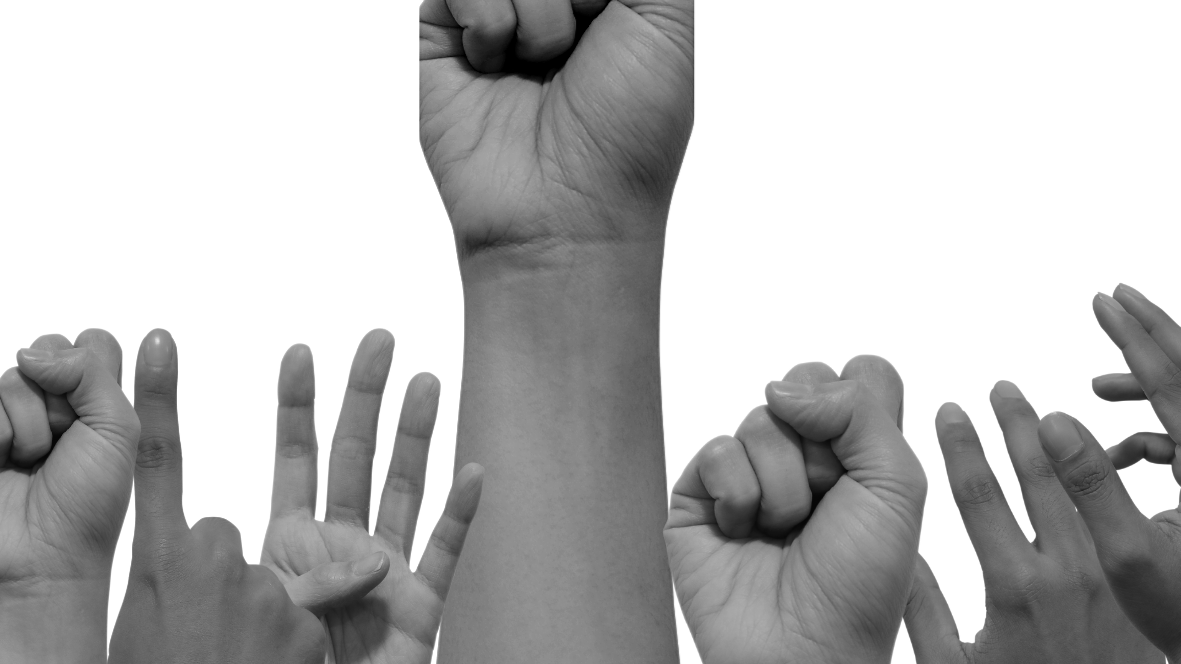The Human Rights coursework on Body Rights and Genocide in the 20th Century has deepened my knowledge of human rights since they provided me with theoretical foundations and practical insights into the complexities surrounding human rights issues. It has broadened my knowledge of human rights from a historical perspective, including the legal frameworks underpinning them and current debates that continue to shape contemporary discourses on human rights.
The analyzed theories included an in-depth understanding of the Universal Declaration of Human Rights by the U.N. General Assembly in 1948 and its shaping influence on international human rights norms. The contents of courses on the Foundations of Human Rights greatly enlightened me about various political and social theories, along with legal mechanisms protecting individual rights worldwide. For example, this course about such documents helped me appreciate the distinctions between political, economic, social, and cultural rights and the challenges of enforcing those rights universally.
One of the most impactful aspects of this coursework was studying intersectionality, especially from scholars like Kimberlé Crenshaw (1989). My approach to the human rights problem has been shaped by an understanding of how different identities- gender, race, and class- intersect- define the peculiar experience of oppression and discrimination. For instance, it is through the investigation into Body rights that issues of discrimination become multiplied in subgroups, usually avoided by the mainstream of human rights discourse, such as women of colour or LGBTQ+.
Several case studies were pivotal in helping me understand human rights in practice. For instance, studying the Rwandan Genocide and the lack of international intervention (Des Forges, 1999) illustrated the limitations of global institutions like the United Nations in preventing human rights abuses. This case demonstrated the complexities of sovereignty, international law, and the responsibility to protect (R2P) (Evans & Sahnoun, 2002), prompting me to think critically about the balance between respecting national sovereignty and intervening in human rights crises.
Engaging in experiential learning and practicum activities further developed my human rights application. For example, involvement in the Victims/Survivors Week celebration, firmly based on international human rights, gave insight into how such knowledge should be brought into practice through the tension between state interests and individual rights. This experience provided insights into how human rights advocacy occurs in legal forums, with its challenges of diplomacy, negotiation, and sometimes compromise.
Moreover, practicum at the local level with Kamloops Sexual Assault Counselling Center (KSACC) in Kamloops concerned with the rights of children and youth, and equality between genders provided first-hand exposure to the practical difficulties of applying human rights at the grassroots level. It showed me how local contexts, cultural attitudes, and limited resources can hamper the application of global norms of human rights.
Courses on the Foundations of Human Rights have helped me engage with ongoing debates, such as whether human rights are truly universal or whether Western liberal traditions shape them. One debate that stood out to me is the cultural relativism vs. universalism argument.
Introductory courses on human rights allowed me to deeply engage with the various current debates, such as whether human rights are, in fact, universal or are part of the Western liberal tradition. The debate between cultural relativism and universalism brought this to attention. This has challenged me to think critically about the application of human rights standards in non-Western societies, particularly in cases where cultural practices conflict with human rights norms, for instance, debates around women’s rights and Female Genital Mutilation (FGM) in certain cultural contexts.
Human rights studies gave me a multi-layered understanding- from its very anchoring theoretical basis through its practical application to a critical view of the limits and challenges still persisting therein. Thus, it empowered me both to feel the pulse of human rights with empathy and to analyze them critically, be culturally tolerant, and stand up simultaneously for universal human dignity.
“To deny people their human rights is to challenge their very humanity“- Nelson Mandela

This Photo below was designed by Eugene Makafui popularly known as Kaffzz, a communication officer for Open Foundations West Africa. The photo was intended to support Human Rights activities.